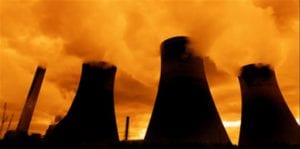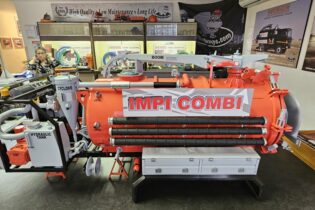The Portfolio Committee on Energy held a meeting earlier this week where it made the future of nuclear energy in South Africa quite clear.
Briefing his counterparts from the Norwegian Standing Committee on Energy and Environmental Affairs, Chairperson of the Portfolio Committee Fikile Majola provided an overview of South Africa’s energy situation. Majola acknowledged that the country is dealing with load shedding. “There is an important debate happening, but from where we sit as an energy Committee the most pressing issue for us is that we are running short of electricity leading to load shedding,” he said. “That’s the pressing national issue that we need to focus on now and see how we can generate more sources of power as matter of extreme urgency. In the next 18 months that’s what we will be battling with,” Majola said. In his outline of the current status of energy in the country, Majola said one controversy in South Africa, as it is in the rest of the world, is the issue of nuclear energy. “There is a big debate around nuclear in the country on issues relating to financing, security in the future and the experiences of other countries. In so far as government is concerned, there is a policy decision,” Majola said.“We have taken a decision as government that there is going to be nuclear energy and it is part of the energy mix,” he added








